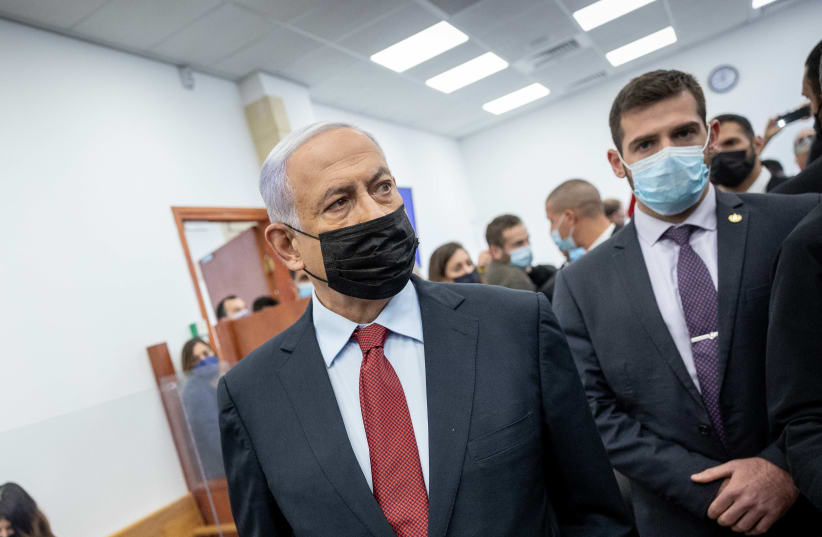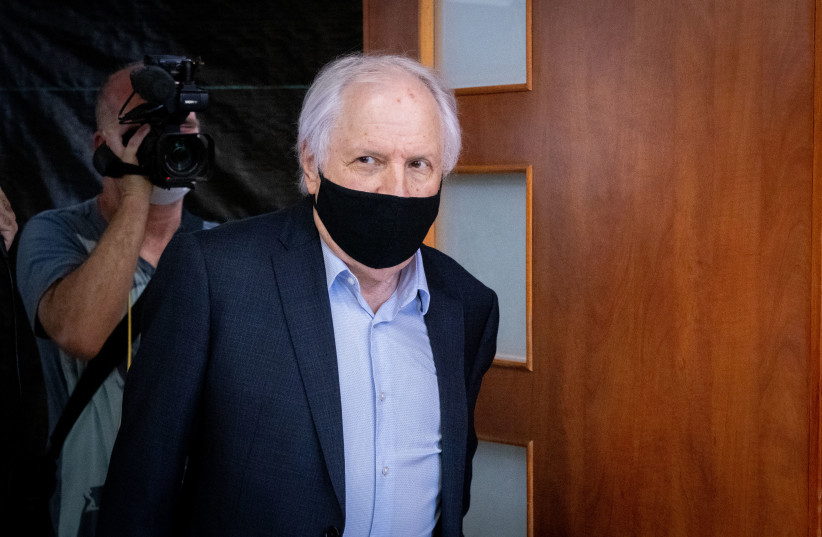Shlomo Filber defended his attempts to exempt Bezeq from a government hearing, as the defense cross-examined him for a fourth day on Tuesday in the public corruption trial of former prime minister Benjamin Netanyahu.
A former top aide to Netanyahu and Communications Ministry director-general turned state’s witness, Filber was referring to a hearing that the Communications Ministry legal adviser was demanding on the legality of eliminating the legal structural separation between the Bezeq and YES corporations.
Under pressure from Filber, the ministry approved the Bezeq-YES merger in 2015, a merger desired by Bezeq and Walla owner Shaul Elovitch, and Netanyahu. However, even with approval, a key condition had been to keep Bezeq and YES separate in a number of legal and tax areas.
Elovitch wanted to eliminate the remaining separations, especially to utilize hundreds of millions of shekels in losses from YES to reduce or even eliminate Bezeq’s large tax bill.
Communications Ministry legal adviser Dana Neufeld consistently demanded a hearing over the issue.
In December 2016, Filber sent a letter to Bezeq that removed the requirement for a hearing, which Bezeq then publicized to its shareholders as showing its future success and as eliminating the structural and legal separations between Bezeq and YES.
However, even after Filber’s letter to Bezeq, the legal establishment insisted on holding the hearing.
At Tuesday’s hearing of Case 4000 in Jerusalem District Court, Filber said that when he went behind the back of Neufeld and the legal establishment by trying to exempt Bezeq from the hearing, he was acting not to further a Netanyahu bribery scheme but because it was good policy.
Questioned about this move by one of the judges, Filber said he was sure that if there was a hearing, other competitors might try to intervene, and his many critics within the ministry would gain momentum to derail the process.
Instead, he thought eliminating the separations between Bezeq and YES was a good policy to incentivize Bezeq to voluntarily comply with a number of market reforms that would eventually allow other competitors into news aspects of the telecommunications arena.
Along with former top Netanyahu aide turned state’s witness Nir Hefetz, who previously testified, Filber has been one of the prosecution’s two main witnesses for Case 4000, the Bezeq-Walla Affair.
Hefetz provided the prosecution’s narrative for allegations against Netanyahu on the Walla side of the case last month. Filber closed the circle by testifying in favor of the prosecution’s narrative against Netanyahu on the Bezeq side.


